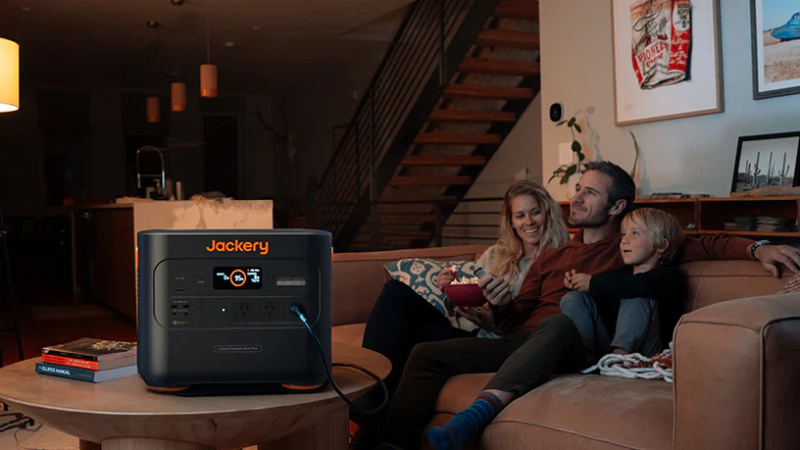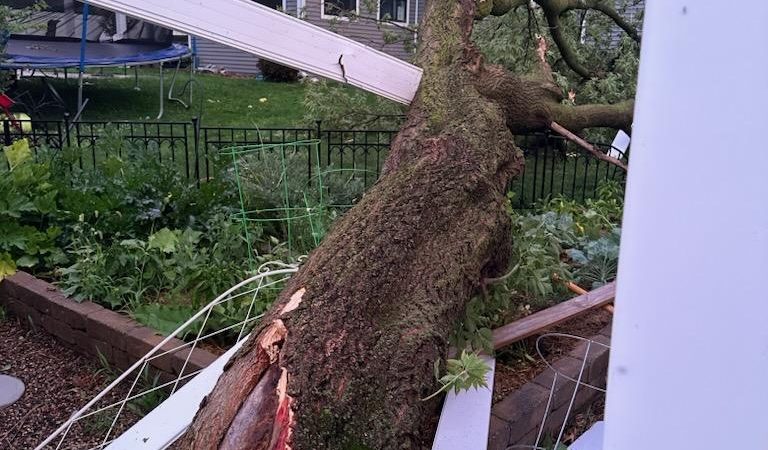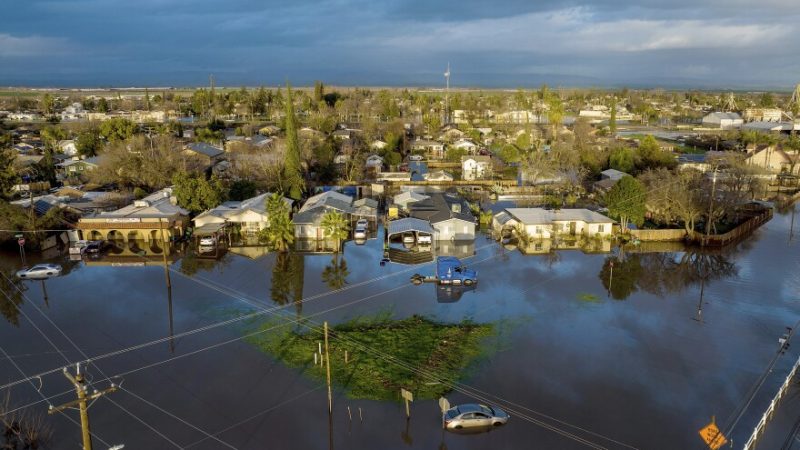hoopla covid19 holocaustwoodcockvice

Hollywood: A Struggle to Adapt
The pandemic has hit Hollywood hard, with film production coming to a screeching halt and movie theaters closing their doors. Major studios have delayed the release of highly anticipated blockbusters, resulting in significant financial losses. The absence of new content has also impacted streaming platforms, as they rely on fresh releases to attract and retain subscribers.
However, Hollywood has shown resilience by embracing digital distribution methods. The rise of streaming services has allowed studios to release films directly to audiences’ homes, bypassing traditional theatrical releases. This shift has led to an increase in online movie rentals and purchases, providing a lifeline for studios during these challenging times.
The Rise of Virtual Events
With social distancing measures in place, live events such as concerts, festivals, and award shows have been canceled or postponed indefinitely. However, the entertainment industry has quickly adapted by embracing virtual events. Artists and performers have taken to online platforms to connect with their fans, offering live-streamed concerts and virtual meet-and-greets.
Virtual events have not only provided a means for artists to continue their work but have also opened up new opportunities for global audiences. With geographical barriers removed, fans from around the world can now attend events they may not have been able to in person. While virtual events cannot fully replicate the atmosphere of live performances, they have proven to be a viable alternative during these unprecedented times.
Challenges for Independent Filmmakers
Independent filmmakers have faced unique challenges during the pandemic. With limited budgets and resources, they rely heavily on film festivals and independent theaters to showcase their work and gain recognition. However, many festivals have been canceled or moved online, making it difficult for these filmmakers to reach their target audience.
Additionally, the closure of independent theaters has further limited the distribution options for independent films. Without the support of traditional distribution channels, filmmakers have had to explore alternative methods such as self-distribution or partnering with streaming platforms. While these avenues offer opportunities for exposure, they often come with financial and marketing challenges that can be overwhelming for independent filmmakers.
The Future Outlook
As the world slowly recovers from the pandemic, the entertainment industry faces an uncertain future. While some aspects, such as virtual events, may continue to thrive even after the crisis subsides, others may struggle to regain their pre-pandemic momentum. The return of movie theaters and live events will largely depend on the successful distribution of vaccines and the easing of social distancing measures.
However, it is important to note that the pandemic has also accelerated certain trends within the industry. The rise of streaming services and the direct-to-consumer model may continue to reshape the way content is consumed even after the pandemic. Additionally, the increased accessibility of virtual events may lead to a hybrid model where in-person and online experiences coexist.
In conclusion, COVID-19 has had a profound impact on the entertainment industry, disrupting traditional models and forcing stakeholders to adapt to new challenges. Hollywood has embraced digital distribution methods, while virtual events have provided a lifeline for artists and performers. Independent filmmakers have faced unique obstacles but have also explored new avenues for exposure. As we navigate through these uncertain times, it is clear that the industry will continue to evolve, embracing new technologies and finding innovative ways to engage audiences.






